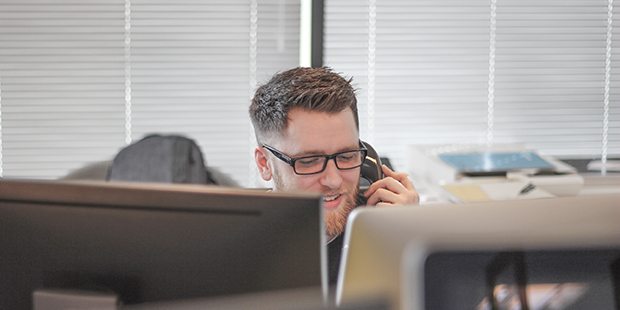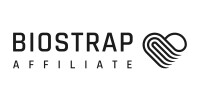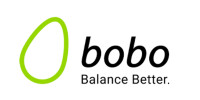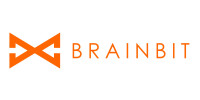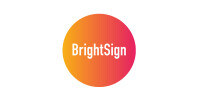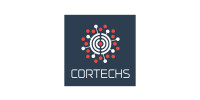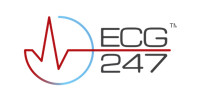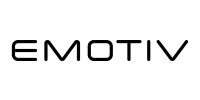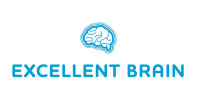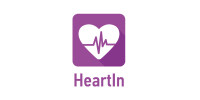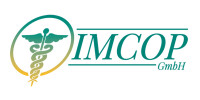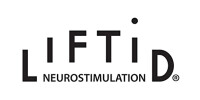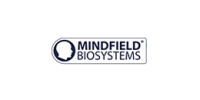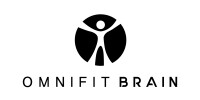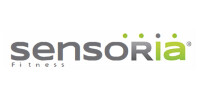
Stress management
Stress as a widespread disease
The topic of stress is omnipresent in the health discussion and has been diagnosed by the WHO as the greatest danger of our time in relation to work. There is hardly a disease in which negative stress, precisely the kind of stress that you can no longer easily cope with, does not contribute to the worsening of the respective symptoms. So the question almost inevitably arises: Can stress be managed in any way?
What is stress management?
Stress management is an important aspect of overall health and well-being. It refers to techniques and strategies that people use to manage everyday stress and minimise its negative effects. Effective stress management can help improve emotional, physical and mental health, increase productivity and improve overall quality of life.
There are different types of stress, including acute stress, episodic acute stress and chronic stress. Acute stress is the most common type and occurs when you respond to an immediate challenge or threat. Episodic acute stress occurs when you are frequently extremely stressed, and chronic stress is a persistent condition that lasts over a long period of time.
The origins of stress management
Stress management refers to a variety of techniques developed to help people effectively manage stress and reduce its negative impact on life. Stress can take many forms, ranging from short-term, temporary stress to long-term, chronic stress. Regardless of its form, stress can have serious effects on physical health, emotional well-being and overall quality of life.
The origins of stress management can be traced back to several different areas of psychology and medicine. In the 1920s and 1930s, the Austrian-Canadian endocrinologist Hans Selye began to study the physical effects of stress on the human system. His research led to the development of the concept of the "general adaptation response", a theory that states that the body goes through a series of specific stages in times of stress.
In the 1950s and 1960s, psychologists and other health professionals began to develop various techniques for coping with stress. Some of these techniques, such as progressive muscle relaxation and meditation, were based on traditional practices from different cultures. Other techniques, such as cognitive behavioural therapy and stress inoculation training, were developed specifically in the context of modern psychology.
Over time, the field of stress management has evolved to integrate approaches from different disciplines, including psychology, medicine, physiotherapy, nutritional sciences and even neuroscience. Today, there are a variety of stress management techniques and strategies that can help people understand and change their responses to stress, thereby improving their health and well-being.
Various stress management techniques help people to deal effectively with stress. Here are some examples:
Mindfulness practice:
Mindfulness is the awareness and acceptance of the present moment. This can be achieved through techniques such as meditation, yoga and breathing exercises. For example, if you are feeling stressed, you could try a simple breathing exercise where you take a deep breath, pause for a moment and then slowly exhale. You can also focus on the feeling of the air going in and out of your lungs, or the feeling of your feet on the floor.
Time management:
Effective time management can help reduce the stress caused by having too many tasks and too little time. This could mean breaking tasks down into smaller, manageable chunks, prioritising or delegating tasks. For example, you could divide your work into 30-minute blocks and take a short break between each block.
Healthy lifestyle habits: Eating a balanced diet, exercising regularly and getting enough sleep can help reduce overall stress levels and improve your ability to cope with stress. For example, you could try to do at least 30 minutes of moderate physical activity every day, such as walking, cycling or swimming.
Social support:
Talking to others, whether friends, family members or a professional counsellor, can help reduce stress. It can be helpful to share your feelings and experiences with someone who understands and is supportive.
Relaxation techniques:
Techniques such as deep breathing, progressive muscle relaxation, meditation and yoga can help calm the body and quiet the mind, which can reduce stress.
For example, someone who is feeling stressed due to work overload could use a combination of these techniques. He could start by prioritising and delegating his tasks to reduce the workload. He could then take regular breaks to do short mindfulness exercises. In addition, he could make an effort to maintain healthy eating habits, exercise regularly and get enough sleep. Finally, he could turn to friends, family members or a counsellor for support and advice.
What modern technologies are there that can help me manage stress?
Technological developments have produced a variety of devices and applications that can help manage stress. Here are some examples:
Neurofeedback training:
This is a type of biofeedback where people learn to control their brain wave activity. Using EEG sensors that measure brainwave activity, users can receive visual or audio feedback and learn how to control their brain activity through relaxation, meditation and other techniques. This can help reduce stress and anxiety and improve concentration and overall well-being.
Neurostimulation:
Devices such as transcranial direct current stimulator (tDCS) can help reduce stress and anxiety by sending weak electrical currents through the scalp and into specific areas of the brain. This can help modulate brain activity and promote a sense of well-being.
Light therapy glasses:
These glasses emit an artificial light that mimics daylight and helps regulate the body's internal clock. They can be particularly helpful in relieving symptoms of seasonal affective disorder (SAD) and reducing stress.
Activity and sleep trackers:
These devices, often in the form of wearable bracelets or watches, can track physical activity, heart rate and sleep patterns. They can help identify stress and develop coping strategies by highlighting patterns in sleep and activity that may be associated with increased stress.
Breath tracking and training:
Some devices and apps can track breathing rate and depth and help users learn and practice breathing exercises. Deep breathing can help increase the parasympathetic nervous system component, which is associated with relaxation and stress reduction.
It is important to note that although these technologies can be helpful, they are best used as part of a broader stress management plan that also includes techniques such as mindfulness, physical activity and social support. It is also advisable to consult a doctor or other health professional before using any new stress management technologies.
Stress reduction measures can be financially subsidised in Germany
Stress management can be subsidised by 50% (maximum 500 euros) per year for employees in companies with less than 250 employees or self-employed persons in the first 5 years of self-employment through the Bildungsscheck NRW. Most health insurance companies offer free courses to promote relaxation or finance such measures partially or completely! Contact your health insurance company or us, we will be happy to inform you about all the necessary steps!
Overall, stress management is an important aspect of general well-being and there are many different techniques that can help to manage stress effectively. It can be helpful to try different techniques and find out which ones work best for you.
Get a grip on stress
With our stress management products, you will learn exactly the techniques that will enable you to manage your everyday life in a much more balanced way than before. You learn to conserve your resources and are given tools to stay "calm" in acute stressful situations.
The mixture of preventive training, so-called prophylaxis, and "emergency" rescue measures then puts you in a position to remain healthy and productive in the long term.
Click here to learn more about our anti-stress products: Click here
Author: Jörne Kreuder, last updated 18.10.2023